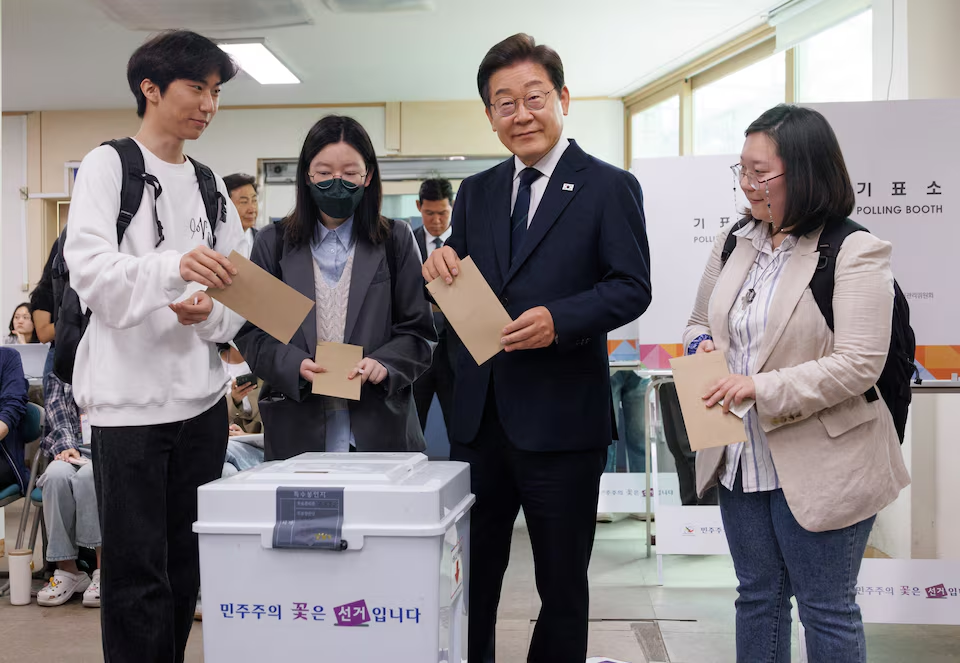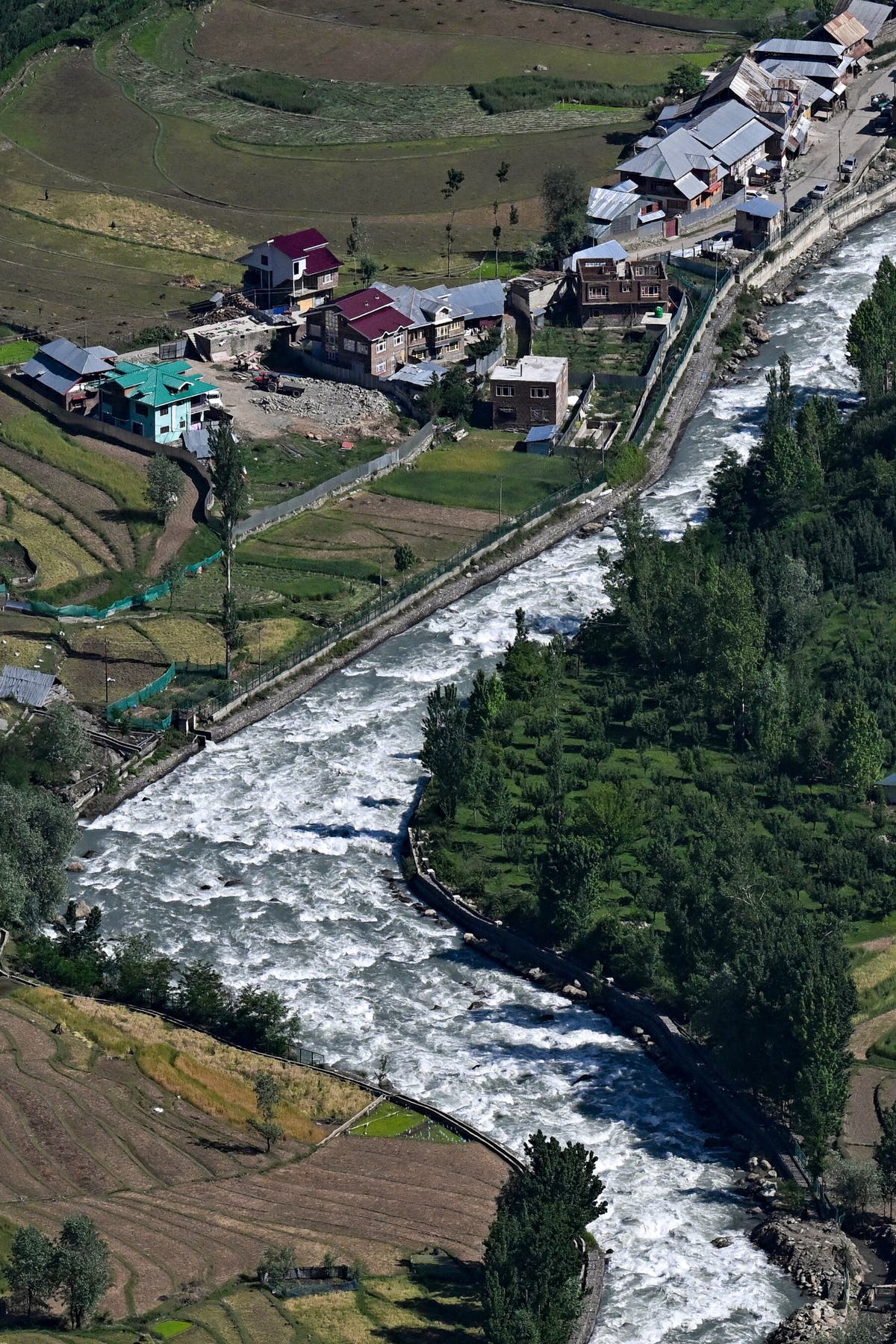South Koreans are casting their ballots in record numbers as early voting opened for the country’s presidential election, signaling high public engagement in a closely watched race to determine the country’s next leader.
The National Election Commission reported that more than 5 million people—about 12 percent of registered voters—turned out during the first hours of early voting on Friday. Polls are open for two days, with final voting set for next week.
Voters flocked to polling stations across the country, undeterred by rainy weather in some regions. Lines formed early in the morning, with many citizens citing concerns over the economy, housing costs, and national security as major issues influencing their vote.
South Korea’s presidential race is seen as one of the most tightly contested in recent memory, though the main contenders have not been officially named in the Reuters article. Analysts say the stakes are high, with public sentiment divided over the government’s handling of inflation, youth unemployment, and relations with North Korea.
The early voting process, introduced in 2013, has grown in popularity with each election. Authorities have credited improvements in accessibility and security for the surge in participation.
South Korea’s election laws prohibit the release of partial vote counts or polling results during the early voting period to prevent influencing the remaining electorate. Final results will be determined after the main election day.
President Yoon Suk-yeol, who is not seeking re-election due to the country’s single-term presidency rule, has seen his approval ratings decline in recent months, with opposition parties gaining momentum. The new administration will be expected to address major domestic challenges as well as evolving security dynamics in the Asia-Pacific region.
Observers from civil society groups and international partners are closely monitoring the election process. The increased early turnout is viewed as a sign of healthy democratic engagement, though tensions between parties have led to heightened political rhetoric.
Health and safety measures remain in place at polling sites amid ongoing concerns about public gatherings, though COVID-19 restrictions have largely been eased across South Korea.
The presidential vote comes amid growing calls from young voters for change and transparency in governance. Social media has also played a large role in campaign messaging and voter mobilization efforts.
The final days of the campaign are expected to see a flurry of rallies, televised debates, and political advertisements as candidates make their final pitch to undecided voters.
South Korea’s next president will face complex domestic and international challenges, including economic uncertainty, regional tensions with North Korea and China, and shifting alliances with global powers such as the United States and Japan.
Source; Reuters



